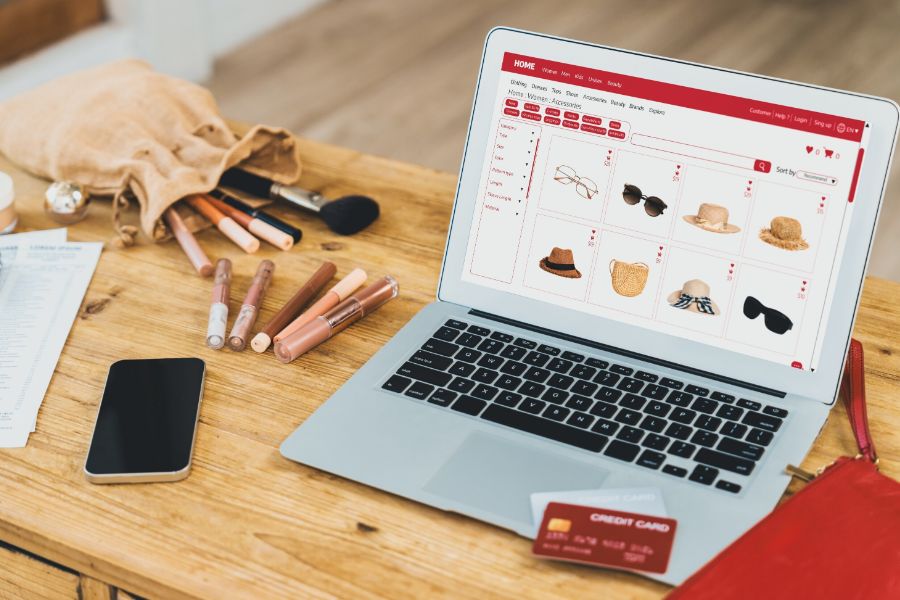Inventory management is critical to the success of a Shopify shop. Let’s take a look at the problems when handling manage Shopify stock and the methods to overcome the losses.
Challenges of Shopify stock management
Products that do not work with Shopify
Shopify offers a large list of things that are restricted or forbidden. If you offer one of these items on other platforms, multi-channel inventory management will be a substantial difficulty.
Having different inventories for Shopify and other platforms is sometimes the only choice. This makes inventory tracking more difficult and might result in erroneous or irregular stock levels across channels.
Automated inventory replenishment
Your inventory management process will certainly become more sophisticated as your SKU library grows, and there will be more potential for Shopify stock management failures. You’ll need inventory management software that can automatically refill exhausted stock from vendors to avoid these issues.
Such software should suggest order numbers based on your Shopify and other channel sales volume. Unfortunately, the native Shopify app may not be capable of accomplishing the operation.
Channel-to-channel functionality
Multi-channel selling isn’t completely supported by Shopify’s inventory management platform. For example, the program cannot assess the profitability of all product versions in your online businesses, channel by channel. This data is critical for analyzing your items’ success on channels other than Shopify.
How to properly manage Shopify stock?
Multi-warehouse and multi-channel functionality
A decent inventory management tool should be able to sync your inventory across all of your sales channels and fulfillment facilities. When you edit your inventory, it should update in real-time or within fifteen minutes.
For example, the Multi-Source Inventory of ConnectPOS strengthens inventory management by controlling multiple warehouses from a single app. Moreover, it can create purchase orders when reaching a threshold.
Automated inventory replenishment
When you have low stock levels, your inventory management system should immediately produce purchase orders. It should also provide recommendations for order quantities based on prior sales data. These features will make your Shopify stock restocking procedure much more efficient.
Comprehensive tracking and analytics
Your inventory management app should be able to produce real-time data regarding stock levels, inventory turnover, sales margins, profitability, and so on. All of these data can help you make better purchasing decisions and better please your clients.
Features for inventory management
The software that you are looking for lets you change the number of units on your listings across many channels. Inventory modifications should be made in real time to avoid overselling or processing payment for an order you can’t fulfill.
Routing and automation of orders
To save money on shipping, your app should automatically route orders to the nearest fulfillment center. Orders will be routed depending on the availability of inventory across fulfillment facilities, destination zip code, and delivery date. Your inventory management software should route the order to a warehouse that can provide cost-effective and timely delivery.
Many merchants have chosen to use ConnectPOS because this software fully meets the above requirements. With cutting-edge technology and multiple touchpoint support, this cloud-based approach can give users effective omnichannel inventory management.
Conclusion
If you’re searching for a comprehensive Shopify stock monitoring software that allows you to quickly fulfill orders and manage inventory while still offering the cheapest shipping costs, give us a call immediately to receive the best trial and a reasonable offer.
ConnectPOS is a all-in-one point of sale solution tailored to meet your eCommerce POS needs, streamline business operations, boost sales, and enhance customer experience in diverse industries. We offer custom POS with features, pricing, and plans to suit your unique business requirements.




